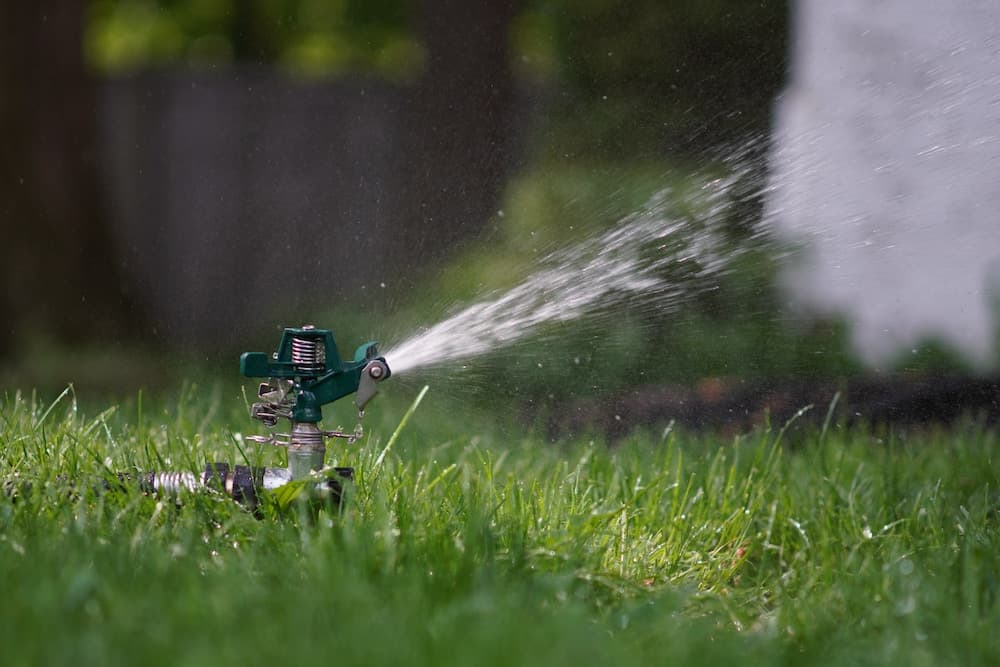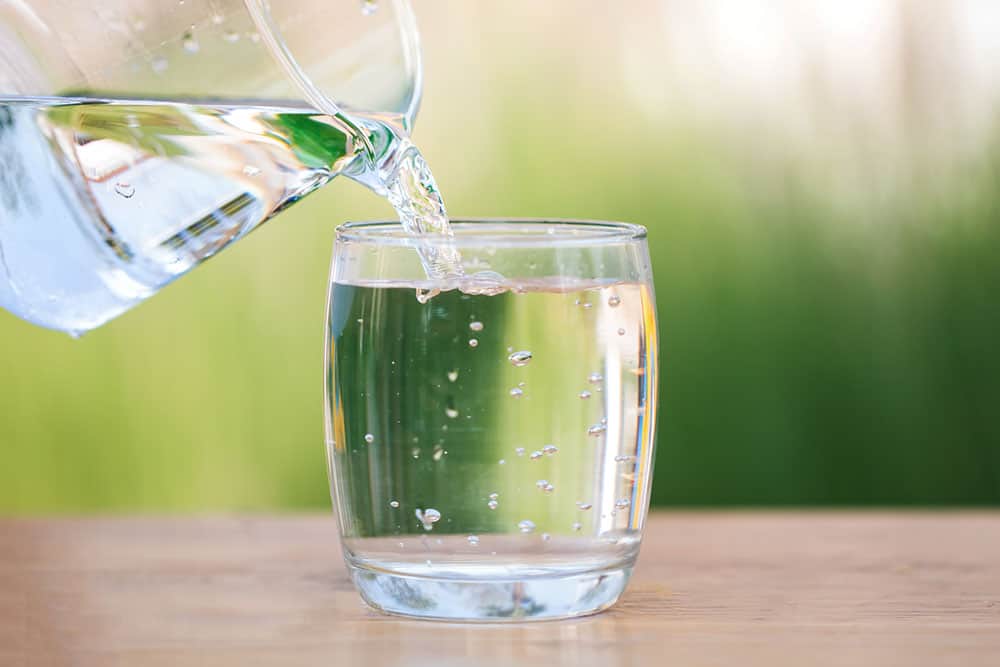Water conservation is a critical issue that affects not only the environment but also our wallets. By following some simple tips, we can significantly reduce our water usage and contribute to conserving this vital resource. Here are ten easy tips for conserving water in your home, no matter where you live.

1. Check for Leaks
Leaks in pipes, faucets, and toilets can waste considerable water over time. A leaky faucet that drips at a rate of one drop per second can waste more than 3,000 gallons of water per year. Check all your faucets, pipes, and toilets regularly for leaks and get them fixed promptly if you find any. You can also contact your local water utility for a free leak detection kit. Fixing leaks can save you money on your water bills and help conserve water.
2. Install Water-Saving Fixtures
Installing water-saving fixtures is an excellent way to save water. Low-flow showerheads, faucets, and toilets use significantly less water than their traditional counterparts without compromising performance. Look for WaterSense-labeled products when purchasing new fixtures, which are certified to use less water without sacrificing performance. You can also install aerators on your faucets to reduce water usage.
3. Turn off the Tap
Turning off the tap when not in use is an easy way to save water. For example, leaving the tap running while brushing your teeth can waste up to five gallons of water per day. You can save a significant amount of water by turning off the tap. You can also use a cup to rinse your mouth instead of using running water.
4. Take Shorter Showers
Taking shorter showers is another excellent way to save water. A typical showerhead can use up to five gallons of water per minute. You can save a substantial amount of water over time by reducing your shower time by just a few minutes. You can also install a low-flow showerhead to reduce your water usage further. Try to limit your shower time to five minutes or less.
5. Collect Rainwater
Collecting rainwater is an excellent way to conserve water, no matter where you live. You can collect rainwater in a barrel or other container and use it to water your plants or lawn. This effectively reduces your reliance on municipal water and saves money on your water bills. You can also use rainwater for other non-potable uses, such as flushing toilets or washing your car.
6. Use a Broom Instead of a Hose
When cleaning your driveway or sidewalk, use a broom instead of a hose. Hosing down your driveway or sidewalk can waste a lot of water. Using a broom is just as effective and saves significant water. You can also use a bucket of soapy water to clean your car instead of using a hose.
7. Only Run Full Loads
When using your dishwasher or washing machine, only run full loads. Running half-empty loads wastes water and energy. You can save water and reduce your energy bills by waiting until you have a full load before running your dishwasher or washing machine. You can also use your appliances’ eco-cycle or water-saving cycle to reduce water usage.
8. Water Plants Wisely
Watering your plants wisely is an essential part of water conservation. Water your plants in the early morning or late evening when temperatures are cooler to minimize water loss due to evaporation. Also, avoid watering your plants too frequently, which can lead to water wastage. Use mulch around your plants to help retain moisture in the soil. You can also use a drip irrigation system to water your plants efficiently. Also, consider investing in a water-saving sprinkler management system that uses smart technology to optimize your watering schedule.
9. Use Drought-Tolerant Plants
Using drought-tolerant plants in your garden is an excellent way to save water, especially if you live in an area prone to droughts. Drought-tolerant plants require less water than other plants and are better suited to hot and dry climates. Check with your local nursery or extension office to determine which drought-tolerant plants best suit your area. Some examples of drought-tolerant plants include succulents, cacti, lavender, and rosemary.
10. Educate Your Family and Community
Finally, educating your family and community about the importance of water conservation is crucial. Ensure your family knows how they can save water around the home, and encourage them to do their part in conserving this precious resource. You can also organize a community event or join a local water conservation group to spread awareness about water conservation. Some cities and municipalities offer water conservation classes and resources to help you learn more about conserving water.



